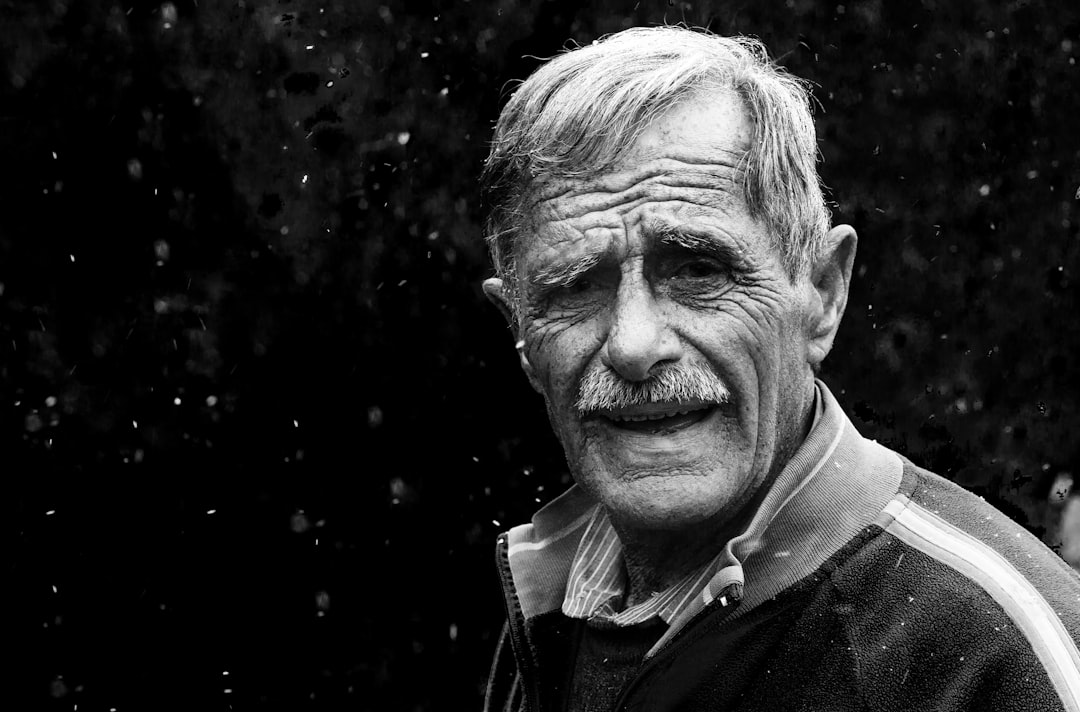What is it about?
The article was related to my acceptance address of the Cooley-Mead Award from the social psychology section of the American Sociological Association. In the article I review my over nearly 50 years doing ethnographic research involving audiovisual recording with preschool and elementary school children in the US, Italy, and Norway. I discuss my methodology, theoretical perspective of interpretive reproduction as an alternative to classic socialization theory and how my work on the sociology of childhood contributes to social psychology.
Featured Image

Photo by Charu Chaturvedi on Unsplash
Why is it important?
My research was the first to argue for the agency of young children and was central to the creation of childhood studies in the US and throughout the world. I was the first to directly study young children in natural settings and gain their perspectives on their everyday lives and their creation of their own peer cultures. It has led to a critical re-examination of socialization theory and brought children and childhood directly into important theoretical and methodological advances in both social psychology and sociology more general especially in the United States, Europe, South America and Australia.
Perspectives
The publication of this article in Social Psychology Quarterly because it was based on my address in accepting the Cooley-Mead Award. This award is the highest honor in sociological social psychology and I was humbled and very honored to receive the recognition and to share my lifetime of work in the are of the sociology of childhood.
William Corsaro
Indiana University
Read the Original
This page is a summary of: Big Ideas from Little People: What Research with Children Contributes to Social Psychology, Social Psychology Quarterly, February 2020, SAGE Publications,
DOI: 10.1177/0190272520906412.
You can read the full text:
Resources
Contributors
The following have contributed to this page










